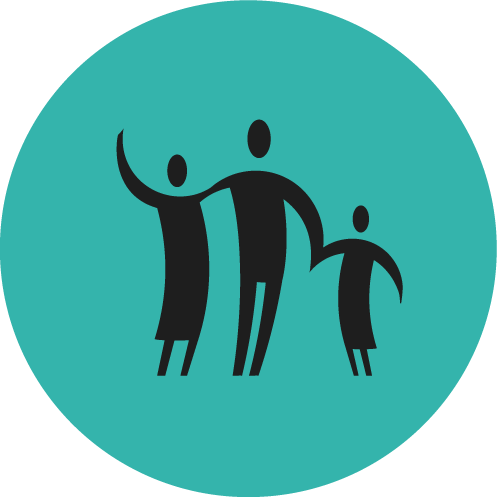"Men and women are equal"
: this is one of the central clauses of the German constitution. Much has been done in Germany in the past few decades to put this clause into practice. Women are free to choose their careers. They can also have a career in the army ("Bundeswehr") or become Chancellor ("Bundeskanzlerin"). Unlike forty or fifty years ago, women make their own decisions in all areas of their lives.
Even though men and women have the same rights, it doesn’t mean that there are no problems in Germany. Combining a career and a family doesn’t always work, for example. There are policies in place to tackle this inequality, however.
LGBTIQ in Germany
Everyone being equal before the law also means that nobody is allowed to be discriminated against because of their skin colour, religion or sexual orientation. Lesbian, gay, bisexual, transgender, intersexual and queer persons do not need to fear prosecution in Germany - they can freely live out their sexual orientation and gender identity. Since 2017 it has also been possible for same-sex couples to marry. Since the end of 2018, there has also been the gender entry "divers" in addition to "male" and "female" in Germany. Transgender people can change their gender entry and adapt their name to the corresponding gender.
If you suffer discrimination or feel threatened, you can call the police. You can also find advice and support from bodies such as the Federal Anti-Discrimination Agency ("Antidiskriminierungsstelle des Bundes"). An advice centre can be found here.
Advice and assistance
You can find help and support, for example, from the project "Queer Refugees Deutschland" run by the Lesbian and Gay Federation (Lesben- und Schwulenverband - LSVD). The initiative networks existing structures throughout Germany and lists important local contact points on the website www.queer-refugees.de
